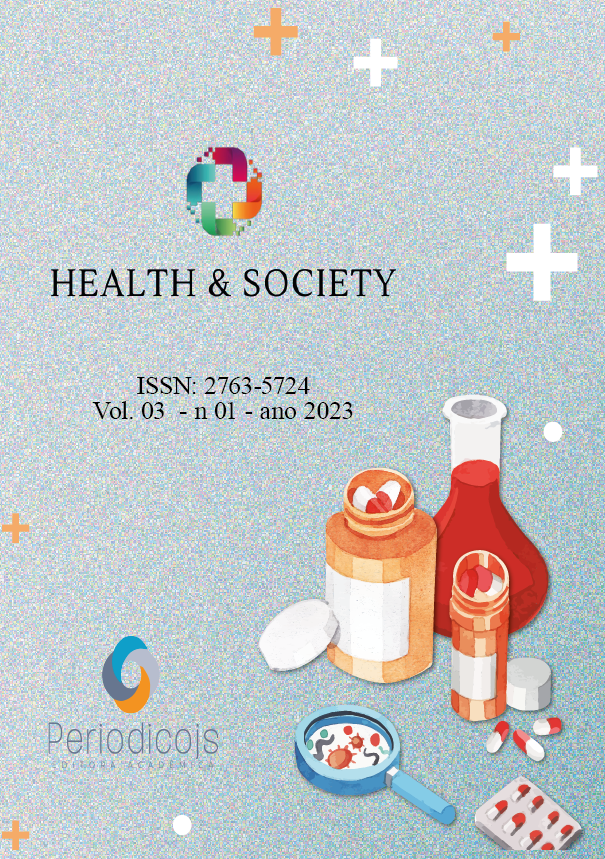Resumo
The Marfan’s syndrome is an autosomal dominant genetic disease that affects connective tissue, with an incidence of approximately one case for every 5000 individuals. Cardiovascular involvement often occurs in adulthood. As the most common manifestation of the syndrome, ascending aortic aneurysm frequently leads individuals to conditions of clinical emergencies, the emergency room and intensive care unit are a common sites for diagnosing cardiac disorders in patients with Marfan. In this article we find the case report of a 41-year-old patient with a history of chest pain, signs and symptoms of heart failure, admitted to the ICU, with phenotypic manifestations of the disease, whose aortic aneurysm was diagnosed during the initial examination of POCUS. As it is a relatively rare diagnosis, in a rural patient who until now was unaware of the diagnosis itself, the result of which was identified in a routine examination in the ICU, performed with a portable device, the ability to change the outcome of a disease with high morbidity and mortality with a simple exam, easy to access and with low training requirements in a highly complex unit, even in distant care units in a population with low socioeconomic status. This article aims to show how a simple examination, POCUS, performed with a handheld device, is able to identify complex, high-impact diseases.
Referências
Ho NCY, Tran JR, Bektas A. Marfan’s syndrome. Lancet. 2005;366:1978-81.
Loeys BL, Dietz HC, Braverman AC, et al. The revised Ghent nosology for the Marfan syndrome. J Med Genet. 2010;47:476-85.
Gomes SC, Almeida AG, Síndrome de Marfan revisitada - da genética à clínica. Rev Port Cardiol. 2020;39(4):215-226
Nishigami K. Update on Cardiovascular Echo in Aortic Aneurysm and Dissection. Ann Vasc Dis. 2018;11(4):437-442
Jondeau G, Michel JB, Boileau C. The translational science of Marfan syndrome. Heart. 2011;97:1206-14.

Este trabalho está licenciado sob uma licença Creative Commons Attribution 4.0 International License.
Copyright (c) 2023 Yuri Freire de Carvalho Espírito Santo





